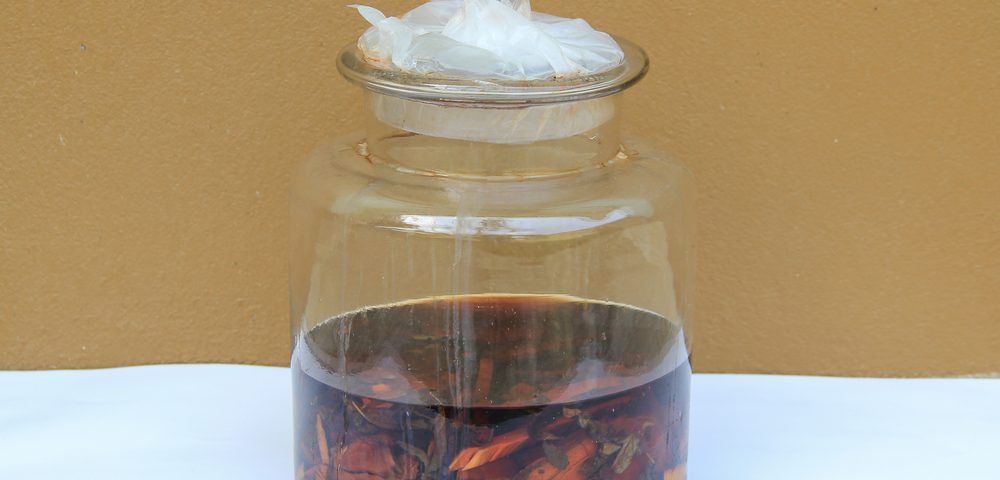Musulju, a Korean traditional medicine for urinary tract symptoms in men, triggers a host of molecular and anti-inflammatory effects that protect against benign prostatic hyperplasia (BPH), according to researchers at Sangji University in Korea.
The study, “Musulju improves benign prostatic hyperplasia by regulating inflammatory and apoptotic proteins,” was published in the journal Molecular Medicine Reports.
According to the study’s authors, musulju is a liquor made from dog meat that is often used to treat urinary problems by Korean men, but little was known how the mixture actually works. To explore musulju on molecular and cellular levels, the research team used rats with BPH caused by high levels of injected testosterone.
The investigators then treated the rats orally with either 200 mg per kg of musulju or 5 mg per kg of Proscar (finasteride) as a comparison.
Four weeks of Proscar and musulju treatment reduced the weight of the rats’ prostates. While testosterone treatment had increased the average prostate weight by 2.16 times, Proscar showed a growth inhibition rate of 85 percent and musulju blocked growth by 68 percent. Both treatments also significantly lowered testosterone levels, again with the traditional medicine showing a weaker effect than Proscar.
The prostate tissue explored under a microscope showed that both treatments prevented the typical patterns of abnormal cell growth, particularly of prostate epithelial cells. Abnormal growth was confirmed by analyzing the growth marker PCNA. Analysis showed that both Proscar and musulju lowered PCNA levels.
Because inflammation is believed to be a key part of processes that lead to prostate enlargement, researchers analyzed protein levels of the inflammatory molecules iNOS and COX‑2. While untreated BPH rats showed increased levels of the inflammatory molecules, both Proscar and musulju reduced the molecules to levels even lower than in the control rats.
Because research also suggested that BPH involves mechanisms preventing cell death, the team explored levels of factors involved in the molecular pathway of programmed cell death. The study showed that both Proscar and musulju triggered cell death processes.
“These effects may be due to the anti-inflammatory and apoptotic effects of [musulju]. Accordingly, the use of [musulju] as a potential therapeutic agent for the treatment of BPH must be further explored,” the researchers wrote in the study.

